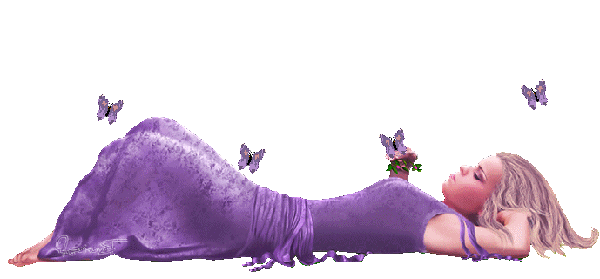Sleep Myths


Sleep is an important part of being healthy. However, there are many
misconceptions and misunderstandings about sleep. Understanding these 10
sleep myths may help you to get better sleep each night.
Myth 1: Sleep is a time when your body and brain shut down for rest and relaxation.
Contrary to popular belief, no major organs or regulatory systems in the body shut down during sleep. Some physiological processes actually become more active while you sleep including the secretion of certain hormones and the activity of the pathways in the brain linked to learning and memory.
Contrary to popular belief, no major organs or regulatory systems in the body shut down during sleep. Some physiological processes actually become more active while you sleep including the secretion of certain hormones and the activity of the pathways in the brain linked to learning and memory.
Myth 2: Getting just 1 hour less sleep per night than needed will not have any effect on your daytime functioning.
This
lack of sleep may not make you noticeably sleepy during the day.
However, even slightly less sleep can affect your ability to think
properly and respond quickly. It also negatively impacts your
cardiovascular health and energy balance as well as your body’s ability
to fight infections, particularly if lack of sleep continues.
Myth 3: Your body adjusts quickly to different sleep schedules.
Your biological clock naturally makes you most alert during the daytime and least alert at night. It can take more than a week to adjust to a substantial change in your sleep-wake cycle. For instance, when you travel across several time zones or switch from working the day shift to the night shift, your biological clock can take several days to catch up.
Myth 4: People need less sleep as they get older.
Older people don’t need less sleep. However, older people may get less sleep or find their sleep less refreshing because the quality of our sleep changes as we age. In addition, older people are more likely to have insomnia or other medical conditions that disrupt their sleep.
Myth 5: Extra sleep for one night can cure you of problems with excessive daytime fatigue.
Not only is the quantity of sleep important, but also the quality of sleep. Some people sleep 8 or 9 hours a night but don’t feel well rested when they wake up because the quality of their sleep is poor. The quality of sleep can be affected by a number of sleep disorders and other medical conditions and simply by sleeping more, it won’t lessen the daytime sleepiness that these disorders or conditions cause. It is also important to remember that one night of increased sleep may not correct multiple nights of inadequate sleep.
Myth 6: You can make up for lost sleep during the week by sleeping more on the weekends.
Although sleeping in on the weekends can help you feel more rested, it will not completely make up for the lack of sleep during the week. Also, you cannot make up for the physical problems that result from lack of sleep by sleeping in on the weekends. Furthermore, sleeping later on the weekends can affect your biological clock, making it much harder to go to sleep at the right time on Sunday nights and get up early on Monday mornings.
Myth 7: Naps are a waste of time.
Although naps are no substitute for a good night’s sleep, they can be restorative and help counter some of the effects of not getting enough sleep at night. One tip…avoid taking naps later than 3pm, particularly if you have trouble falling asleep at night. Late afternoon naps can make it harder for you to fall asleep when you go to bed. Also, it is recommended to limit your naps to no longer than 20 minutes so that you can wake up and get back in the swing of things.
Myth 8: Snoring is a normal part of sleep.
Snoring during sleep is common, particularly as a person gets older; however, evidence is growing that snoring on a regular basis can make you sleepy during the day and increase your risk for diabetes and heart disease. Loud, frequent snoring also can be a sign of sleep apnea, a serious sleep disorder that should be evaluated and treated.
Myth 9: Children who don’t get enough sleep at night will show signs of sleepiness during the day.
Unlike adults, children who don’t get enough sleep at night typically become hyperactive, irritable, and inattentive during the day. Other side effects include increased risk of injury, more behavior problems, and their growth rate may be impaired. It is quite common for children to be misdiagnosed with ADHD when the real culprit is lack of sleep.
Myth 10: The main cause of insomnia is worry.
Although worry or stress can cause a short bout of insomnia, a persistent inability to fall asleep or stay asleep at night can be caused by a number of other factors. Some of these other factors may include: medications, sleep disorders, depression, anxiety disorders, asthma, arthritis, or other medical conditions. Certain medications and sleep disorders can keep you up at night.
Source: Your Guide to Healthy Sleep, U.S. Department of Health and Human Services, August 2011.
Sleep Myths

No comments:
Post a Comment